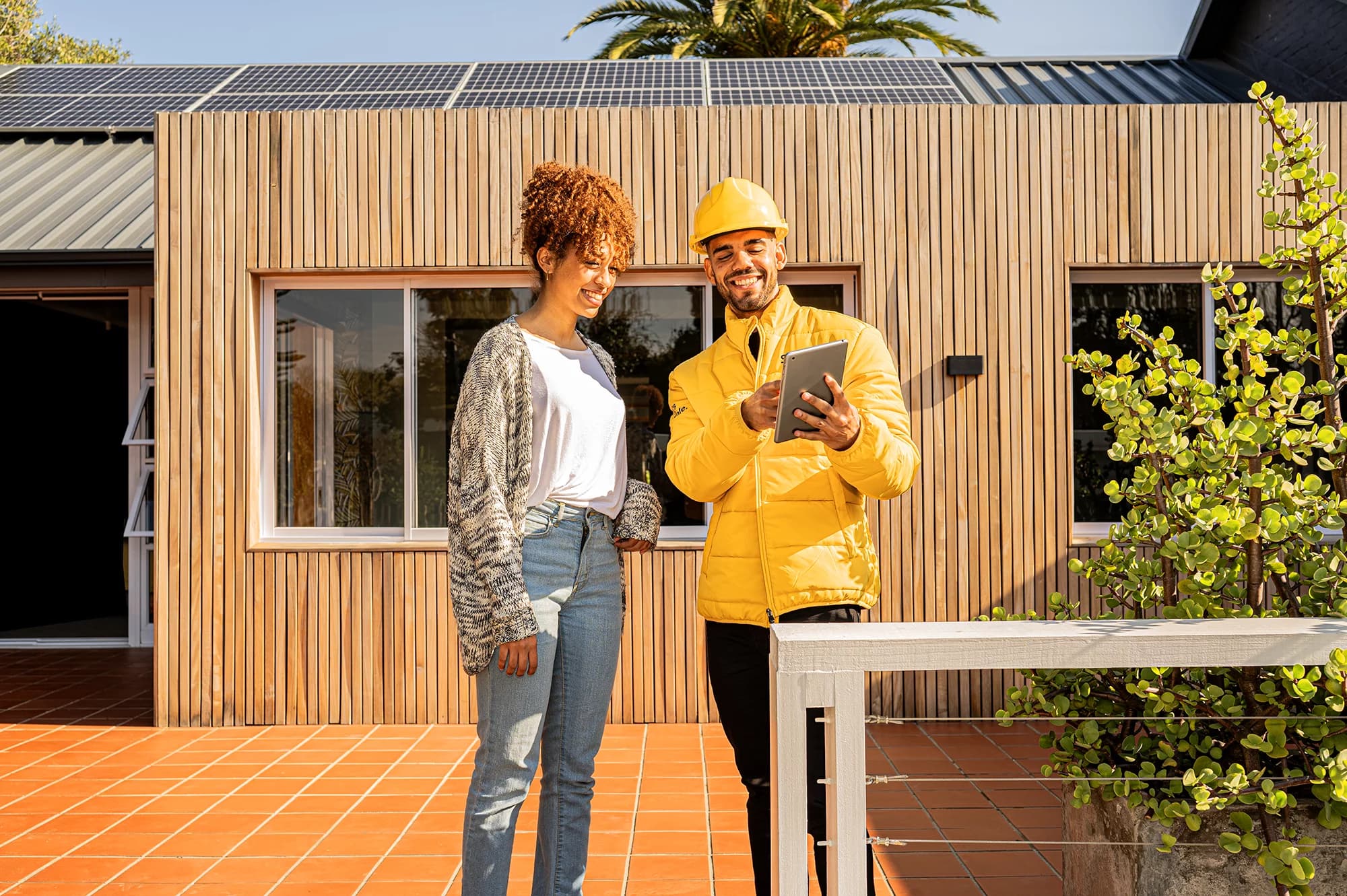Exploring the Costs and Benefits of 12 Solar Panels for Your Home
How much do 12 solar panels cost?
How we determine the price for 12 solar panels
Solar energy has proven to be a game-changer in the realm of sustainable living. If you're considering making the leap to cleaner, renewable power, understanding the cost of installing 12 solar panels is a vital step. This article delves into the intricacies of solar panel costs, the potential benefits they bring, the ideal conditions for your home's roof, and the remarkable amount of energy these panels can generate.

Costs and Benefits of 12 Solar Panels
The price of installing 12 solar panels varies depending on multiple factors, including your location, the quality of the panels, installation complexities, and available incentives. On average, a 12-panel solar system can range from R87 490 and upwards, inclusive of installation. While the initial investment may appear significant, the long-term financial gains and positive environmental impact make solar an investment that pays off over time.
Understanding Solar Panel Costs
Determining the exact cost of a 12-panel solar system involves assessing various aspects. Your home’s energy consumption, roof type (flat or pitched), local climate, and available government incentives all play a role in shaping the final cost.
The components that contribute to the total cost include:
✓ 12 solar panels
✓ Inverter (potentially with optimizers)
✓ Mounting materials
✓ Cables
✓ Installer costs
✓ Transportation expenses
Ideal Roof Situation for Solar Panels
For optimal solar panel performance, your roof should meet specific criteria. Ideally, it should receive abundant sunlight throughout the day with minimal shading. A south-facing roof with a suitable pitch is often ideal, as it allows panels to capture maximum sunlight. However, even roofs facing other directions can still generate significant energy. Assessing your home’s roof for solar viability is crucial before embarking on installation.
Energy Generation Potential
The amount of energy generated by 12 solar panels can be impressive. On average, a 12-panel system with standard efficiency can produce around 3,600 to 4,800 kWh of electricity annually. This translates to substantial energy savings on your electricity bill, as well as a reduction in your carbon footprint.
In addition, the energy generated by your solar panels can power various household appliances and devices, including lighting, electronics, and even heating or cooling systems. Excess energy generated during peak sunlight hours can be stored in batteries or fed back into the grid, potentially earning you credits on your utility bill through net metering programs.
Opting for 12 solar panels
Transitioning to solar energy through a 12-panel system is a forward-looking investment that yields both financial benefits and positive environmental impact. While costs may vary based on factors specific to your location and circumstances, the long-term savings and potential for energy independence make solar an appealing option for homeowners.
Before making any decisions, consult with reputable solar providers such as Soly who can provide personalised assessments of your home’s solar potential and guide you through the process. As solar technology advances and more homeowners join the sustainable energy movement, the future is undoubtedly bright, powered by the sun.
Knowledge base

Contact with Soly
